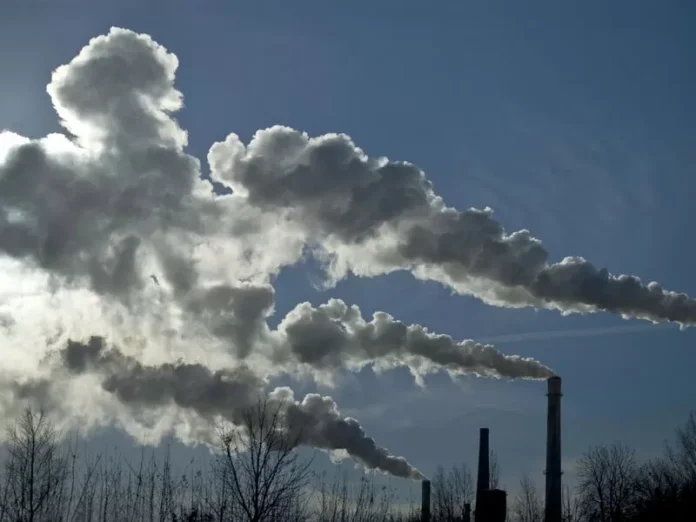Introduction of Carbon Border Adjustment Mechanism (CBAM) in the EU from 2026 will lead to losses for the Ukrainian economy, traditionally focused on exports. According to calculations made public by GMK Center, the total export losses for Ukraine in the period of 2026-2030 could exceed $4.6 billion, and after 2030, Ukraine may even stop exporting cement, fertilizers, pig iron, square blanks, and rolled steel.
The CBAM is a proposed policy by the European Commission to reduce the carbon footprint of imported goods by charging a carbon tax to offset the carbon emissions associated with their production. This policy aims to prevent «carbon leakage,» where companies move their production outside of the EU to avoid stricter environmental regulations and taxes. While this policy aligns with the EU’s goal of achieving climate neutrality by 2050, it has raised concerns for countries heavily reliant on exports, like Ukraine.
Ukraine’s economy heavily relies on export industries such as metallurgy, agriculture, and chemical production. These industries contribute significantly to the country’s GDP and provide jobs for millions of Ukrainians. However, with the introduction of CBAM, these industries could face significant losses, jeopardizing the country’s economic stability.
GMK Center’s calculations estimate that Ukraine’s overall export losses in the period of 2026-2030 could reach $4.6 billion, with the majority of the losses coming from the metallurgical industry. This industry alone could face losses of up to $3.1 billion, with exports of pig iron, square blanks, and rolled steel completely stopping after 2030.
The agricultural sector, which is also a vital part of Ukraine’s economy, is expected to face losses as well. The country is one of the world’s largest exporters of wheat, corn, and sunflower oil, but with CBAM in place, these exports could also suffer. Fertilizers, which are essential for the agricultural sector, could also face a significant decline in exports, affecting the industry’s productivity and competitiveness.
The introduction of CBAM could also have severe consequences for the country’s cement industry. Ukraine is a major producer and exporter of cement, with a significant share of its production going to the EU market. However, with the carbon tax in place, the cost of production will increase, making Ukrainian cement less competitive in the EU market.
These potential losses will not only affect Ukraine’s economy but also its citizens. With the decline in exports, many workers in these industries could lose their jobs, leading to a rise in unemployment and a decrease in the country’s overall income.
The Ukrainian government and industries have expressed concerns about the potential impact of CBAM on the country’s economy. They argue that the policy could create an uneven playing field, as Ukrainian companies will have to compete with EU companies that are not subject to the same carbon tax. Moreover, they fear that the policy could harm the country’s competitiveness and discourage foreign investment.
However, despite these concerns, there is a silver lining for Ukraine. The country has already taken steps towards reducing its carbon emissions and transitioning to cleaner energy sources. In 2020, Ukraine ranked 8th in the world in terms of renewable energy growth, with a 35% increase in renewable energy production. By continuing to invest in clean energy and implementing more eco-friendly policies, Ukraine can reduce its carbon footprint and potentially lessen the impact of CBAM on its economy.
Furthermore, the EU has also proposed a «Carbon Border Adjustment Fund» to support neighboring countries in their transition to a low-carbon economy. If Ukraine can take advantage of this fund, it could offset some of the potential losses from CBAM and invest in more sustainable industries.
In conclusion, the introduction of CBAM in the EU could have significant consequences for Ukraine’s export-oriented economy. The country’s industries, such as metallurgy, agriculture, and cement, could face losses, and many workers could lose their jobs. However, with the right strategies and support, Ukraine can mitigate the impact of CBAM and continue its path towards a more sustainable and competitive economy.

